16 Things No One Warns You About When You Marry an Older Man
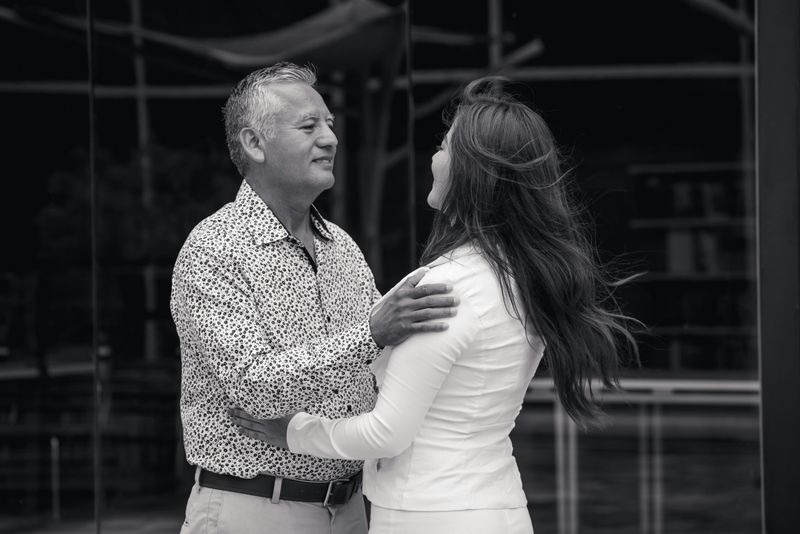
Falling in love with someone older can feel magical, like finding a partner with wisdom and stability that matches your spirit. But beyond the initial romance, age-gap marriages come with unique challenges that rarely make it into those heartfelt conversations with friends. Whether your partner is ten, twenty, or thirty years your senior, here’s what you might discover along the way.
1. The Age Gap Feels Invisible—Until It Doesn’t

Love has a funny way of making age differences disappear when you’re wrapped up in new relationship energy. You laugh at the same jokes, share dreams, and feel perfectly in sync.
Then suddenly, you’re planning a hiking trip and he mentions his knee pain. Or you’re excited about starting a family while he’s hesitant about being an older parent. These moments snap you back to reality.
The years between you materialize in unexpected ways—through cultural references he makes that fly over your head, or when you realize you’re at completely different life stages with different priorities.
2. His Health Problems Will Become Your Problems

Nobody daydreams about medication schedules or doctor appointments when falling in love. Yet as your older partner ages, health concerns will inevitably arise sooner than you might expect.
You’ll find yourself researching conditions you never thought about before. Blood pressure readings, cholesterol numbers, and joint pain become regular topics at dinner.
The caregiver role creeps in gradually—first you’re just reminding him to take pills, then you’re coordinating specialists and becoming his health advocate. This shift happens years before your same-age friends face similar challenges with their partners.
3. People Will Assume He’s Your Dad—Or Worse

The first time a waitress calls him your father, you’ll both laugh awkwardly. By the tenth time, the joke wears thin. Public spaces become minefields of assumptions—from the raised eyebrows of hotel receptionists to the whispers when you hold hands.
Even more uncomfortable are the judgmental glances suggesting you’re a gold-digger or that he’s your sugar daddy. Friends might make jokes about your “daddy issues” when they think you can’t hear.
These moments force you to develop thicker skin. You’ll learn to either correct strangers politely or simply exchange knowing glances with your partner and move on.
4. His Retirement Plans May Not Align With Your Life Goals
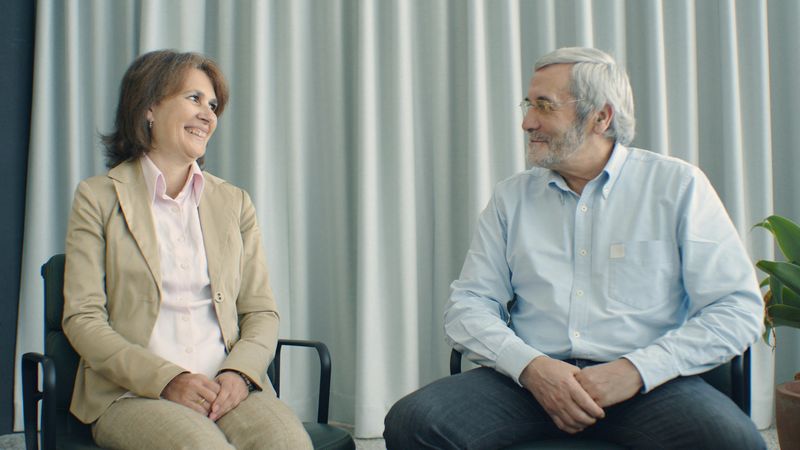
Picture this: You’re hitting your career stride, excited about promotions and new challenges. Meanwhile, he’s counting down to retirement, dreaming of downsizing and traveling in an RV.
The timing mismatch can create real tension. While you’re networking after hours, he’s wondering why you’re not home for dinner. When you want to invest in property near your job, he’s researching beachfront condos in Florida.
Finding compromise becomes your relationship’s cornerstone. Sometimes you’ll put your ambitions on hold; other times he’ll delay his retirement dreams. Neither path feels entirely fair to either of you.
5. His Past Relationships Will Always Be Part of the Equation
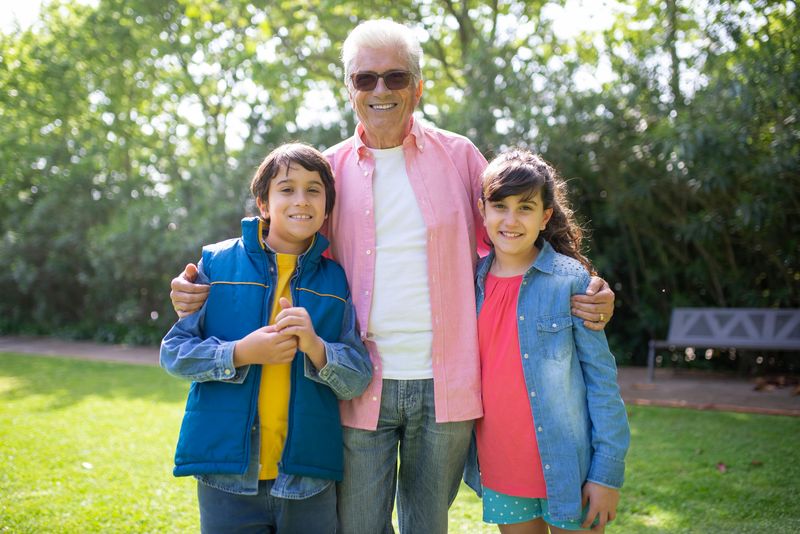
An older man brings decades of relationship history to your doorstep. Ex-wives don’t simply disappear—they share holidays, grandchildren, and sometimes financial ties with your partner.
Adult children might view you with suspicion or resent your presence at family gatherings. You’ll stumble across old wedding photos or hear stories where you weren’t part of the narrative.
Holiday traditions established long before you arrived can feel impossible to change. You’re entering a life already in progress, complete with established dynamics and relationships. Creating your own space within this existing framework requires patience and understanding from everyone involved.
6. You’ll Age at Different Speeds, and It Will Show

While you’re just discovering your first gray hair, he’s fully embracing his silver fox era. The physical evidence of your different life stages becomes more pronounced with each passing year.
Photos capture this reality in stark terms. You’re still getting carded occasionally while he’s receiving senior discounts without asking. Your skin concerns involve preventing wrinkles; his involve age spots and elasticity long gone.
This visible reminder of mortality forces deeper conversations about the future. You’ll face questions from well-meaning friends about whether you’re prepared for what’s coming as the age gap becomes more apparent.
7. He Might Not Have the Energy for the Things You Love
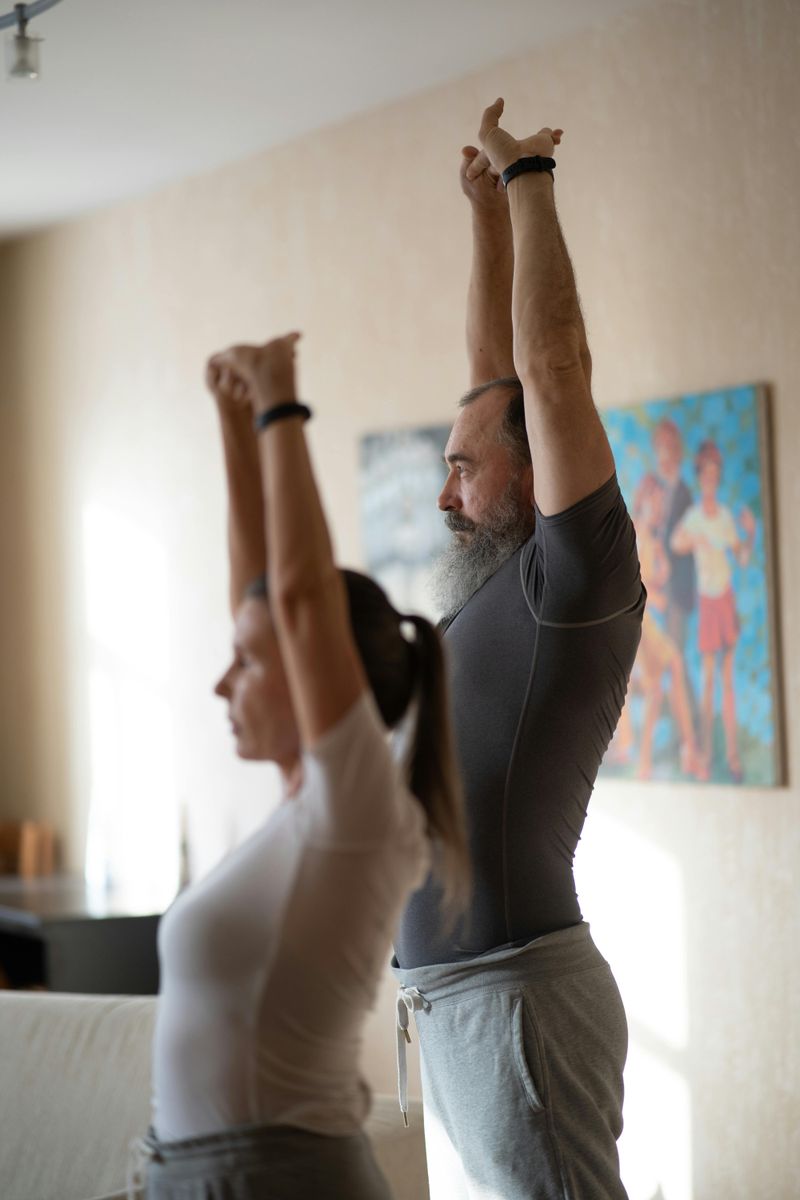
Remember that midnight concert you were dying to attend? He fell asleep in the chair while getting ready. The spontaneous weekend hiking trip? His knees aren’t what they used to be.
Energy mismatches become routine disappointments. You might find yourself going to events alone or with friends while he stays home. Even intimate moments require more planning and sometimes medical assistance as the years pass.
You’ll start modifying your expectations and activities. Brunch replaces late-night dancing. Weekend getaways feature more relaxation than adventure. Finding activities you both enjoy at his energy level becomes a creative challenge.
8. You May Outlive Him by Decades
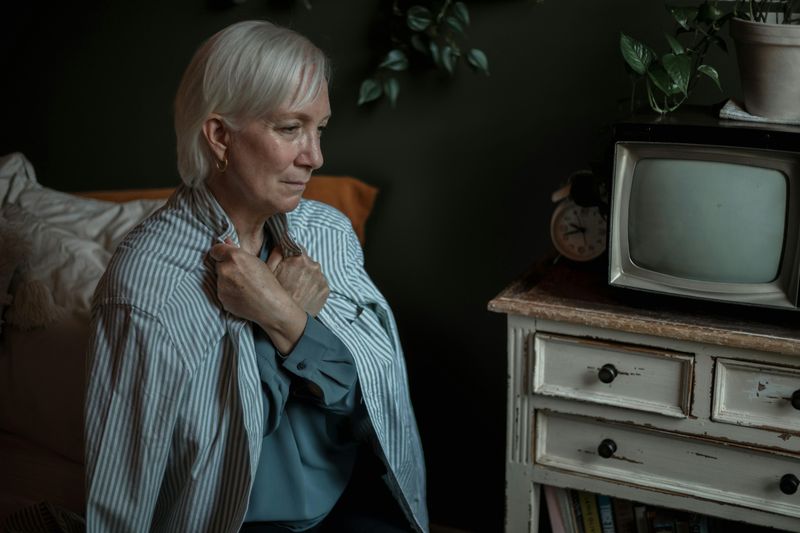
Statistics don’t make for romantic bedtime conversation, but they hover in the background of age-gap relationships. Women typically outlive men, and adding a significant age difference means potentially facing widowhood while still in your prime.
This reality shapes major life decisions. Should you have children knowing he might not see their graduation? How will finances work if you’re alone for 20+ years? Estate planning becomes necessary much earlier than for your peers.
The shadow of mortality creates a bittersweet urgency in your relationship. You appreciate present moments more deeply while preparing for a future without him that might last longer than your time together.
9. His Family May Not Be Thrilled About You

Family gatherings can feel like walking through an emotional minefield. His adult children—possibly close to your age—might view you as a threat to their inheritance or their father’s attention.
His siblings question your intentions, sometimes openly asking if you’re just waiting for him to die. Even if they’re polite to your face, whispers follow you around family functions.
Building these relationships takes years of consistent effort. You’ll need to establish boundaries while showing genuine interest in becoming part of the family. Sometimes you’ll succeed; other times you’ll need to accept that some family members may never fully welcome you.
10. His Views on Gender Roles Might Feel Outdated
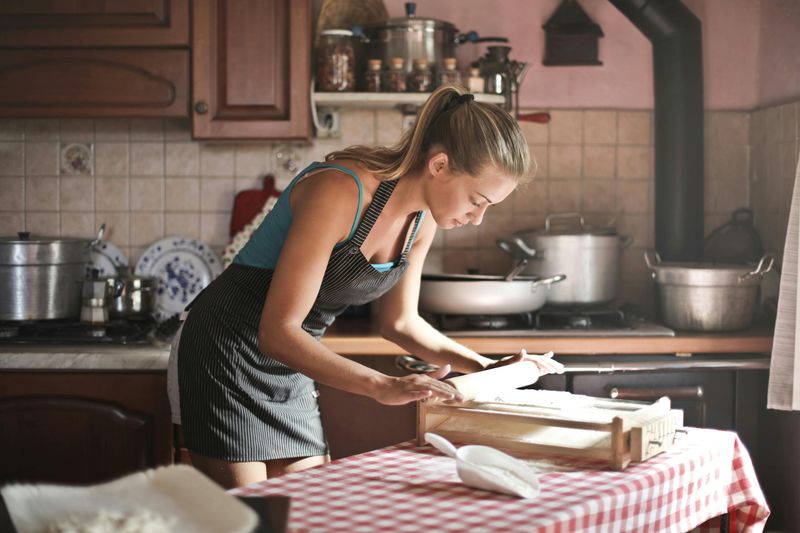
Growing up in different eras shapes fundamental beliefs about relationships. Your older partner formed his views on marriage when women were expected to handle domestic duties regardless of their career status.
You might find yourself battling assumptions about who should cook dinner or manage the household. Conversations about sharing responsibilities can turn into generational debates about “how things should be.”
Technology creates another divide. Your intuitive understanding of digital tools contrasts with his preference for doing things “the way they’ve always been done.” Finding middle ground requires patience and a willingness to understand how different formative experiences shaped both your worldviews.
11. His Financial Situation May Not Be What You Expect

Society perpetuates the myth that older men are financially secure, but reality often tells a different story. Decades of alimony payments, supporting adult children, or career setbacks might have depleted his savings.
Some older men face unexpected retirement or difficulty finding new employment. Others have outdated financial strategies or debt you discover only after marriage.
Your different financial timelines create complexity too. While you’re in wealth-building years, he’s in preservation mode. Merging these opposing approaches requires careful planning and honest conversations about money that many couples avoid until problems arise.
12. You’ll Have to Work Harder to Keep the Spark Alive
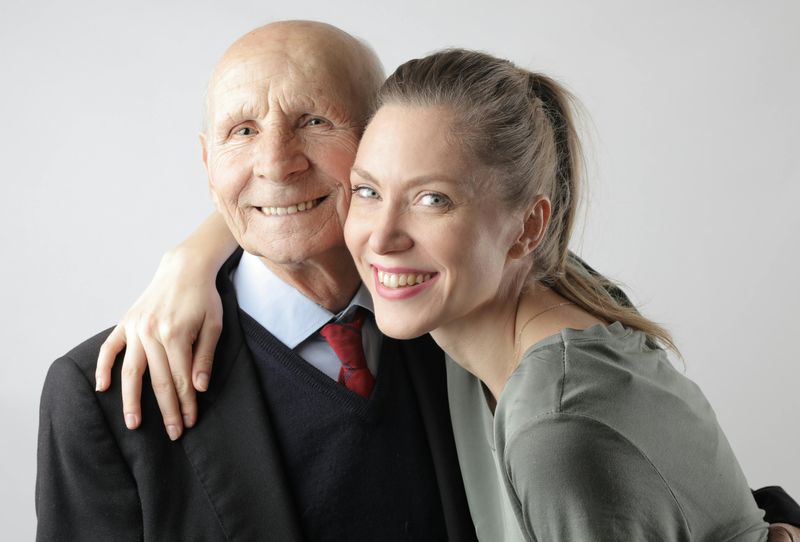
Physical intimacy evolves in all long-term relationships, but age-gap couples face unique challenges. Hormonal changes, health issues, and medications can affect your partner’s desire and performance years before you experience similar changes.
Maintaining connection requires creativity and communication. Sometimes medical interventions help; other times redefining intimacy becomes necessary.
The effort extends beyond the bedroom. Finding shared interests when your cultural touchpoints differ by decades takes work. You’ll introduce him to new music while he shares wisdom from experiences you never had. This exchange keeps your connection vibrant when physical aspects become complicated.
13. People Will Assume You Have “Daddy Issues”
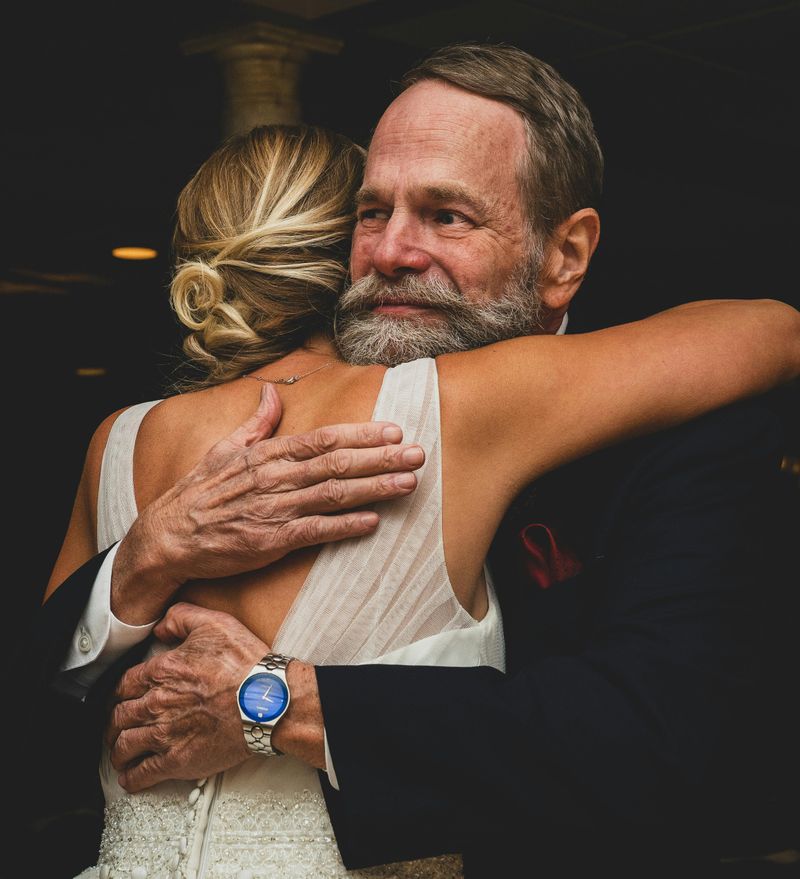
Armchair psychologists appear everywhere when you marry an older man. Friends, family, and even strangers feel entitled to analyze your childhood relationship with your father or suggest therapy.
These assumptions reduce your complex relationship to a stereotype. Your genuine connection, shared values, and authentic love become overshadowed by pop psychology theories about why younger women choose older partners.
The constant psychoanalysis grows exhausting. You’ll develop standard responses to intrusive questions and learn which battles are worth fighting. Eventually, you stop explaining your relationship to those who are determined to misunderstand it.
14. You’ll Need to Make Peace with a Different Kind of Future

The traditional life trajectory most people imagine—growing old together, retiring simultaneously, traveling during golden years—looks different with a significant age gap. Your partner may need assisted living while you’re still working full-time.
Your timeline for major milestones shifts dramatically. Children might not be possible, or they’ll have an elderly father from the start. Retirement communities may not accept both of you if the age minimum applies only to him.
Accepting this altered future requires grieving the conventional path you once imagined. Finding joy in your unique journey becomes essential for long-term happiness in an age-gap marriage.
15. Caretaking Responsibilities May Intensify Over Time

The transition from spouse to caregiver happens gradually, then suddenly. What begins as picking up prescriptions evolves into helping with basic daily activities as your partner ages.
This role reversal fundamentally changes relationship dynamics. Romantic partners become patient and nurse, creating emotional and physical strain. The intimacy you once shared transforms into something different—still loving but more parental.
Finding support becomes crucial for your well-being. Caregiver burnout threatens both your health and relationship quality. Balancing assistance with maintaining your identity outside the caregiver role becomes your ongoing challenge, one your same-age friends won’t understand for decades.
16. Legal and Estate Complexities Can Pose Hidden Risks

Marriage across generations creates legal complications few couples anticipate. Without proper planning, you could face devastating consequences during health emergencies or after your partner’s death.
His adult children might challenge your inheritance rights or medical decision-making authority. Outdated wills, beneficiary designations, or lack of advanced directives can leave you vulnerable precisely when you’re most grief-stricken.
Protecting yourself requires uncomfortable conversations and documentation. Powers of attorney, updated wills, and clear medical directives become essential. These practical matters feel unromantic but provide crucial protection for the surviving spouse in an age-gap marriage.

Comments
Loading…